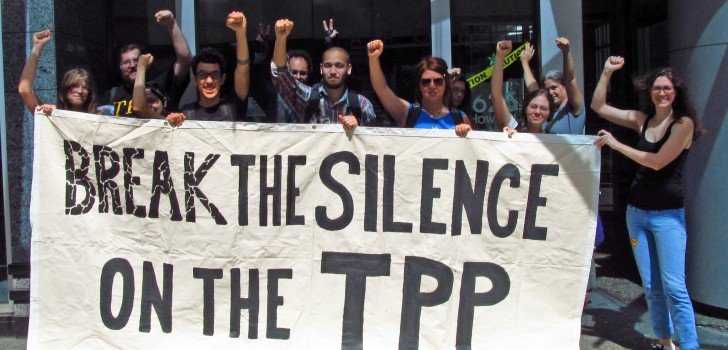Recent surveys show an aggressively growing gap between male and female sexual desires that could spell increased sexual violence absent outside factors. In the research, heterosexual males’ sexual desire is manifested twice as often as female sexual desire is, meaning men desire sexual intimacy twice as much as women do. With these large gaps, a balance has been found in one of the most unlikely places.
A report published in The Times and The Independent by Doctor Catherine Hakim shows that the gap between male and female sexual desire is growing yearly. Men’s desire for sex is much stronger than women’s, and that desire is being reflected in the increasing demand for commercial sex businesses.
Men have for long been the primary clientele for commercial sex services including prostitution, pornography and exotic dancing. In the 21st century, that focus on men will only go up, fuelled by men’s increasing sexual desire that’s even threatening to outstrip the available female commercial sex supply.
According to researchers, global growth in technology, including growing internet access and social media marketing, has made commercial sex work accessible to a far greater audience than before. Though this may be viewed by feminists as feeding a patriarchal system favoring men, in real sense, researchers have found that this increased availability will in the long run lead to decreased sexual crime.
Women’s sexual cravings remain on the decline. Increased male-female equality, and the economic independence of women, has seen women move away from sexual markets and relationships that offer unfair bargains. In addition, global changes in sex ratios, leaning toward more men than women, have allowed women to change the rules to their advantage and inevitably, the disadvantage of men. The sex industry offers the equalizing factor for these glaring sexual desire gaps.
It has been argued that commercial sex endangers women by promoting rape and other sexually violent crimes. However, few studies have drawn a link to commercial sex’s prevalence and sexual violence. In fact, all evidence shows commercial sex has no noxious social and psychological effects, and that they do decrease sexual crime rates.
In the wake of these findings, more countries are legalizing prostitution. Countries such as Senegal, Netherlands, Germany and the Australian states of Victoria and Queensland have legalized prostitution while New Zealand decriminalized it.
Though commercial sex has been criticized for promoting negative social values, the inherent advantages far outweigh its disadvantages. And in the long run, though it may not end sexual crime, it will do a lot in keeping its statistics low.












